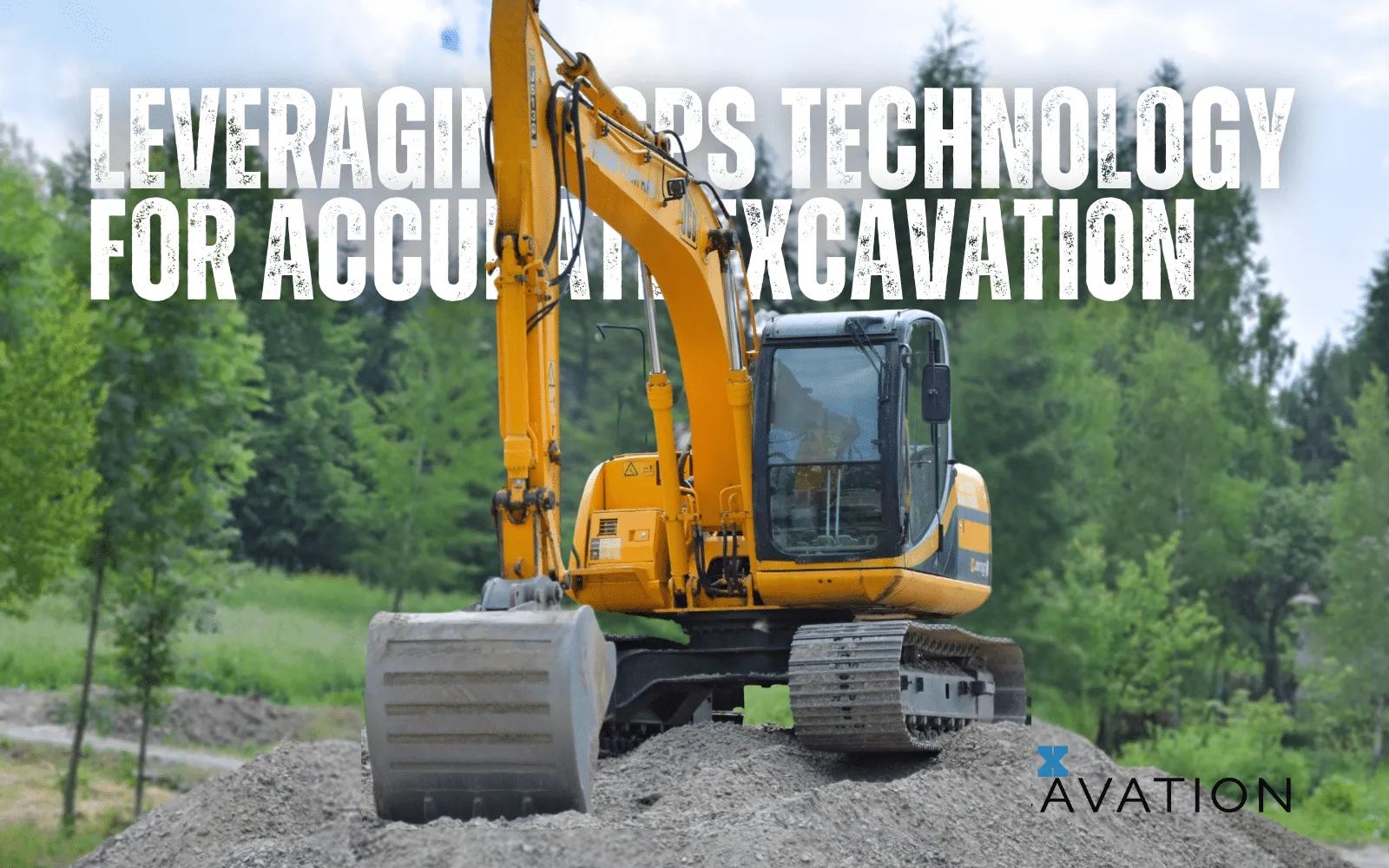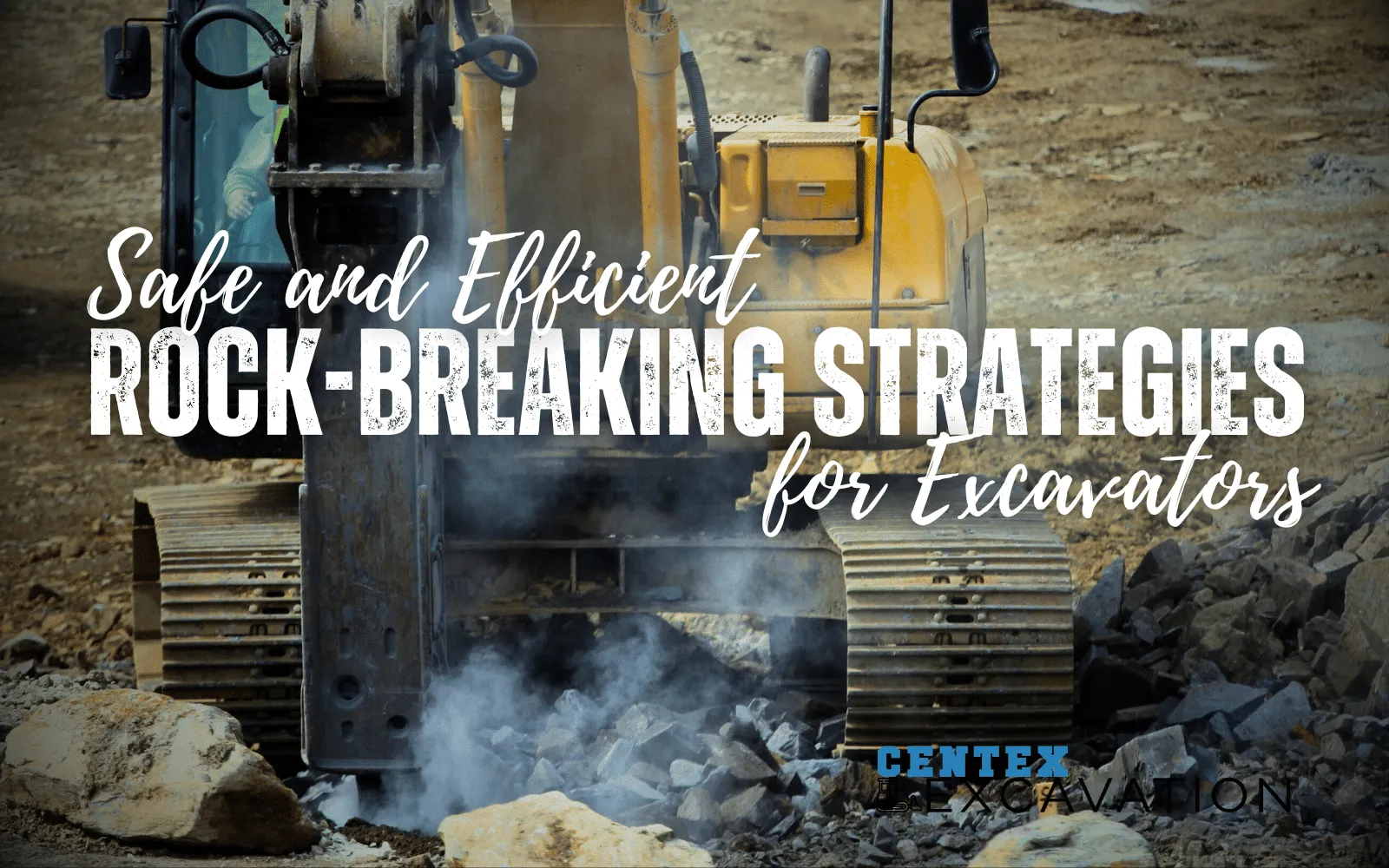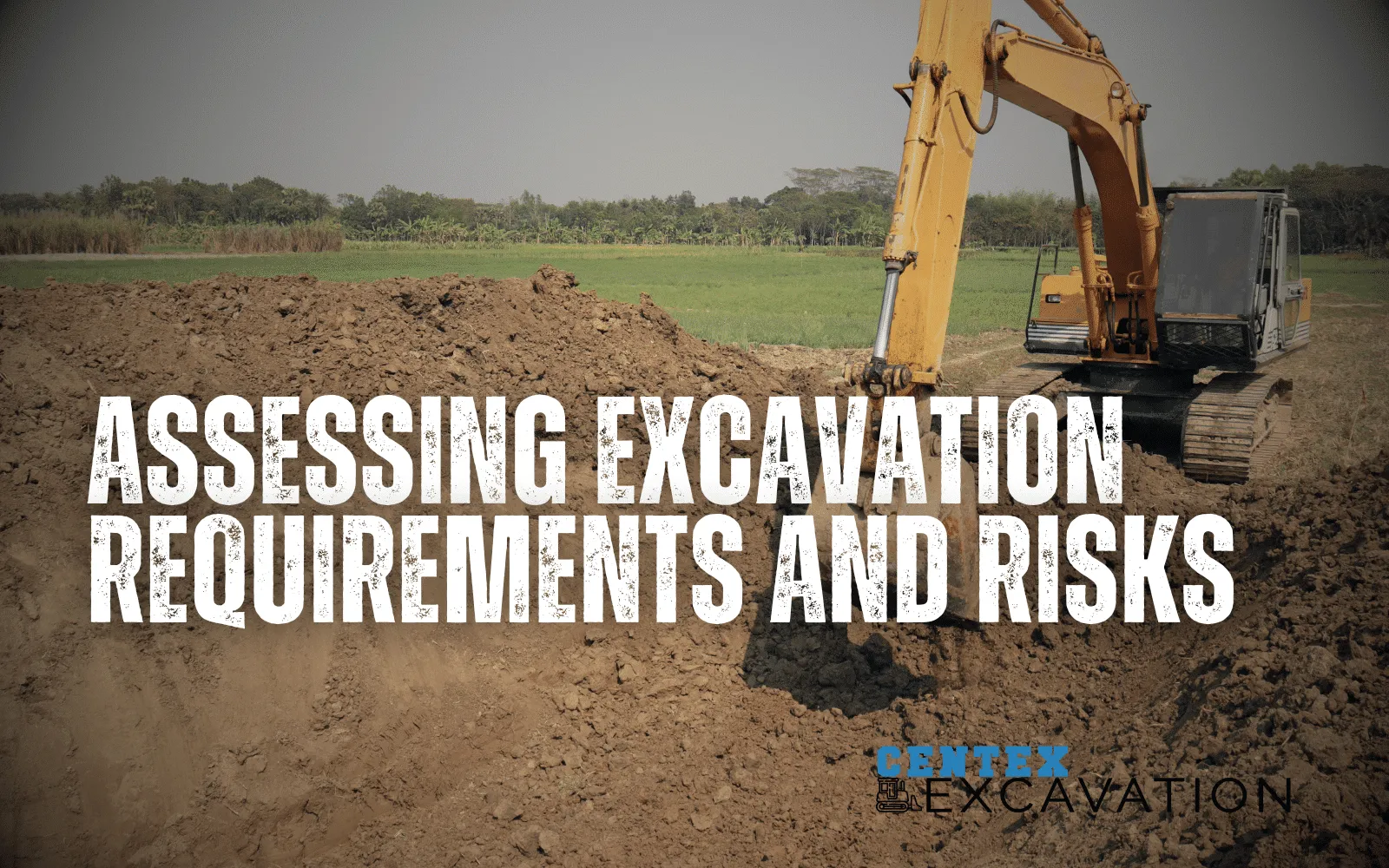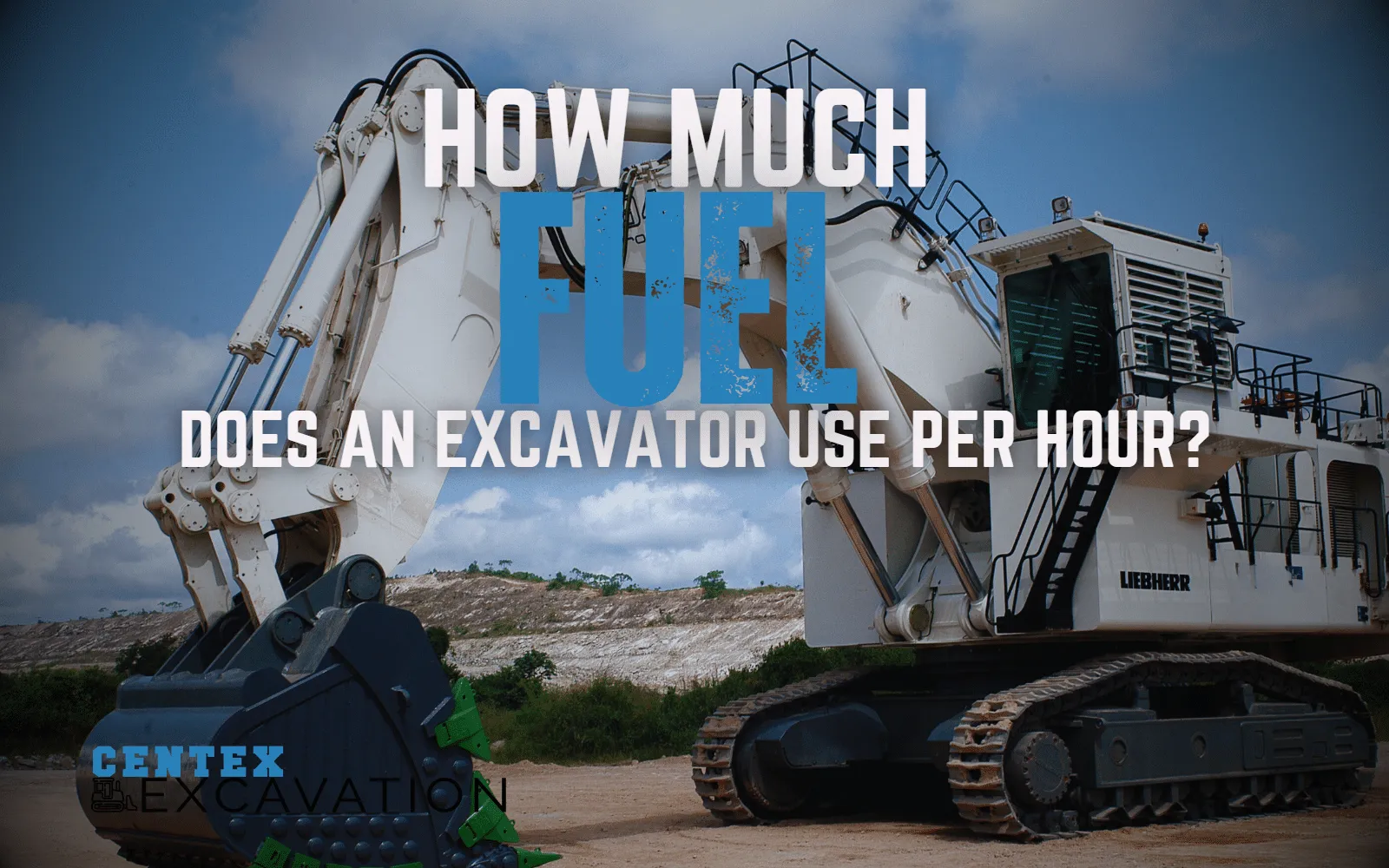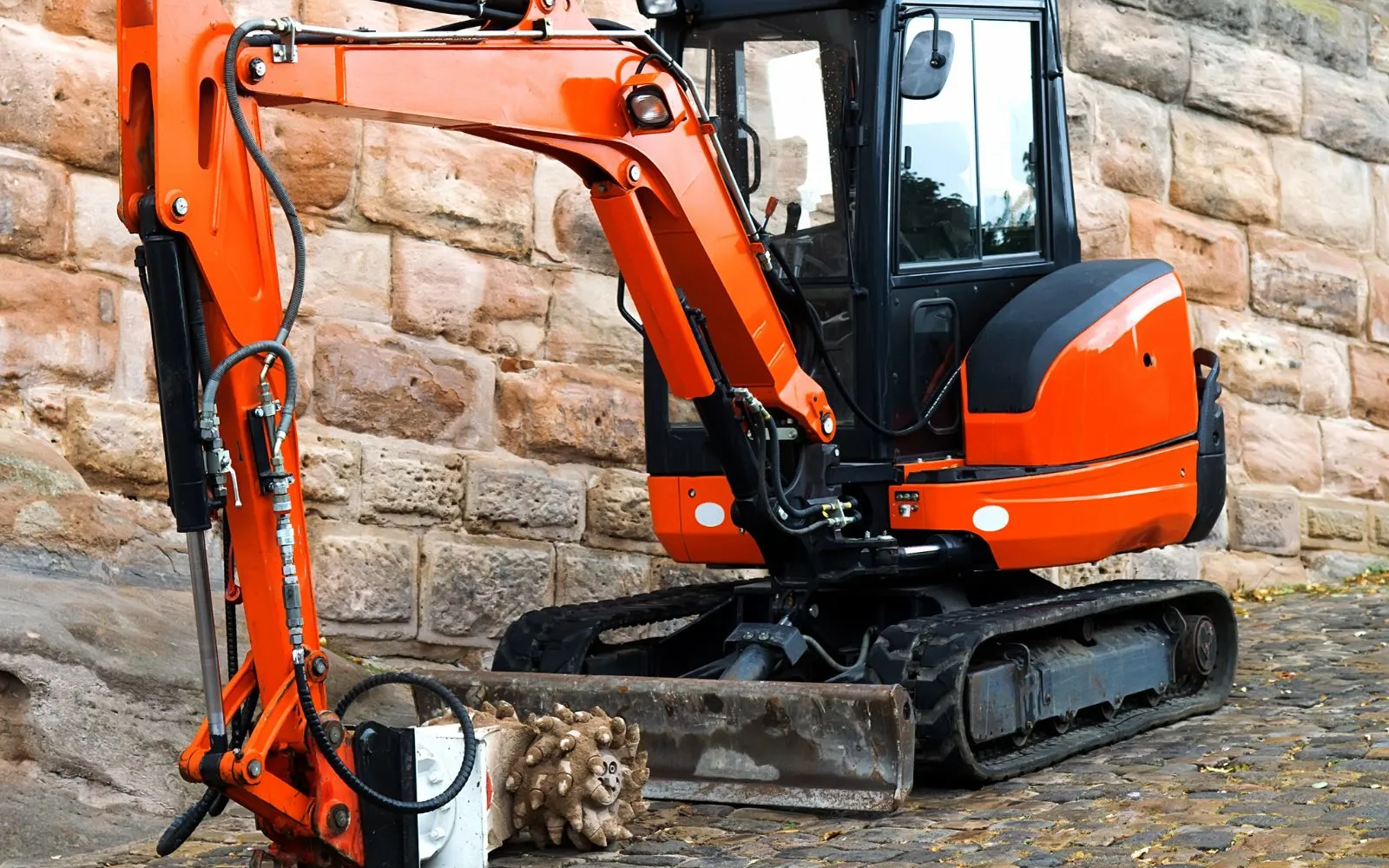Heavy Equipment Operator Union Pay Scale: A Comprehensive Guide
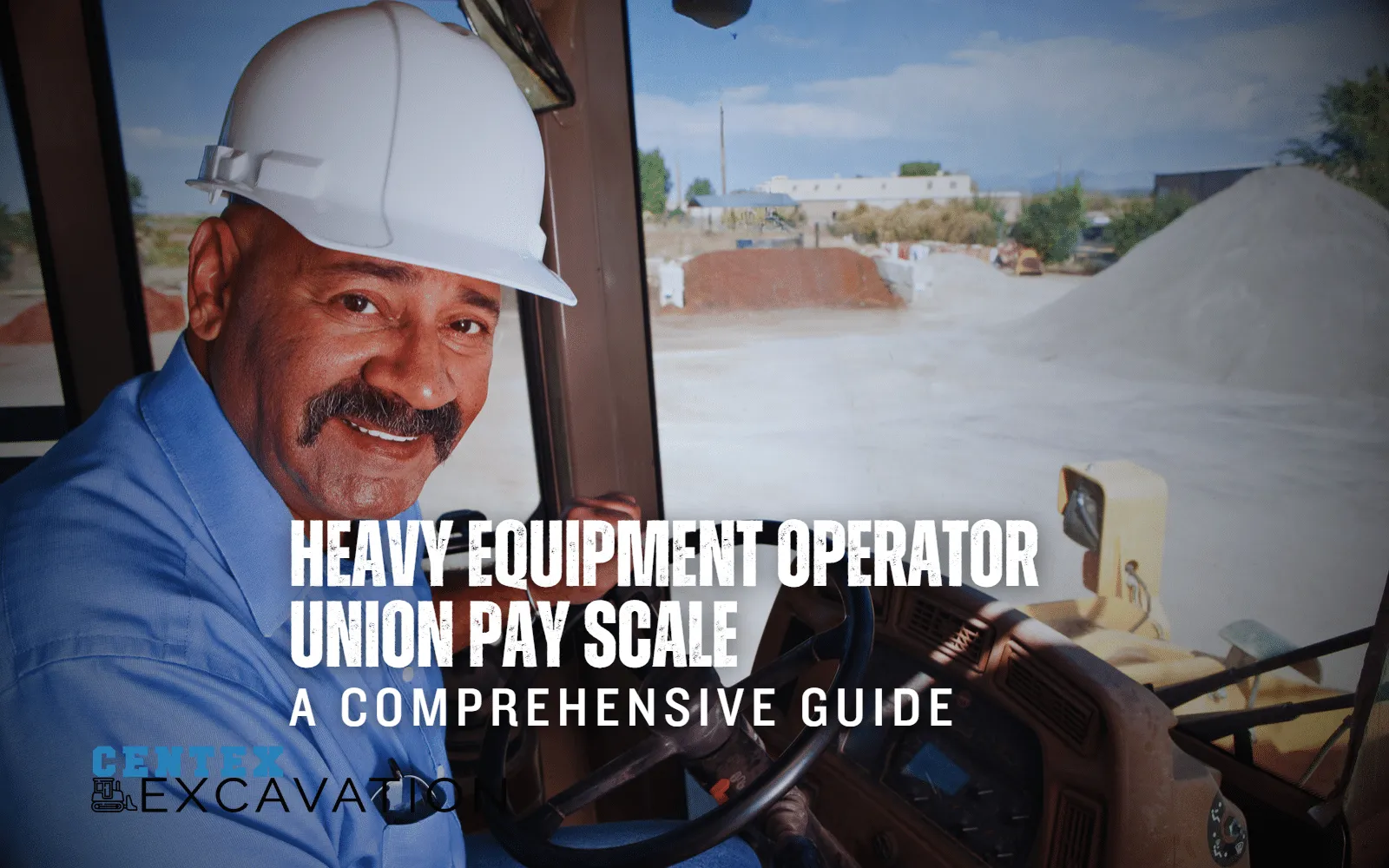
Knowing the union pay scale is essential for folks looking to make a living as a heavy equipment operator. However, that's where we come into play. You’ll get an inside look at the factors that determine pay rates, the benefits of union membership, and tips on increasing your earnings.
There's a bit more to the topic than you might think, so let's dive right in.
Understanding the union pay scale for a heavy equipment operator.
As a heavy equipment operator, your pay is determined by several factors, including your level of experience, the location of your job site, and the type of equipment you operate. One key component that can significantly impact your earnings is whether or not you’re part of a union.
Union pay scales for heavy equipment operators are typically higher than non-union pay rates, with additional benefits like health insurance and pension plans.
Factors affecting union pay scales.
When it comes to union pay scales, experience plays a significant role. The more experience you have, the higher your paid rate will be. Location is another factor that affects union pay scales. Generally, pay scales are higher in places with higher living expenses.
Your job title can also impact your pay. Higher-level positions like supervisors and managers tend to have higher pay rates than lower-level positions. These factors are essential to understand because they greatly influence your compensation as a heavy equipment operator. Knowing how these factors affect your pay can help you make informed decisions about your career and ensure you earn what you’re worth.
Comparing union and non-union pay rates.
As mentioned earlier, union pay rates are generally higher than non-union pay rates. Union pay rates are set through collective bargaining by a union for its members, while the employer determines non-union pay rates without collective bargaining. The perks of union pay rates include higher wages and access to extra benefits like health insurance, pension plans, and job security. So, there's more to just the union pay scale as a heavy equipment operator.
On the other hand, not being part of a union usually means lower pay rates, but you have more freedom and control over your job. Thus, weighing the pros and cons of union and non-union pay rates is essential when considering your career options as a heavy equipment operator.
That's not to say that you can't land a higher-paying non-union job or even bring in a massive bonus after a few years of experience.
International Union of Operating Engineers (IUOE) pay scale.
One of the most prominent unions representing heavy equipment operators is the International Union of Operating Engineers (IUOE). The IUOE pays an hourly rate and provides benefits for heavy equipment operators.
The base pay for a Heavy Equipment Operator at the IUOE is around $26 per hour.
Hourly pay and benefits.
The hourly pay for IUOE members can vary depending on the job and location. The average hourly pay ranges from around $28 for Heavy Equipment Operators to $35 for Equipment Operators.
Factors such as job title, location, and local union all play a role in determining IUOE hourly pay.
Regional variations in IUOE hourly pay exist, with the highest-paying states usually located on the Northeast and West Coast.
On the other hand, the lowest-paying states are typically found in the Midwest and South. To increase your hourly pay as an IUOE member, you can gain experience and certifications and negotiate higher pay rates.
Job titles and pay range.
The IUOE offers a variety of job titles, such as General Maintenance Worker, Hydrovac Operator, and Operating Engineer. They even have apprenticeships for those who want to become an Operating Engineer. The pay range for each job title varies depending on the area and the operator’s experience. Generally, a General Maintenance Worker earns between $15 and $25 an hour, and an Operating Engineer earns between $25 and $45.
That's not a bad way to earn a living, is it?
Understanding the job titles and pay ranges within the IUOE can help you navigate your career path and make informed decisions about your earning potential as a heavy equipment operator in this union.
Regional variations in union pay scales.
As with any profession, regional variations in union pay scales for heavy equipment operators exist. Pay rates can differ significantly depending on the industry and the region, making it essential to understand these variations when considering job opportunities.
Comparing pay scales between different regions can be a complex process, as many factors must be considered.
Highest paying states.
While specific information on the highest paying states for union heavy equipment operators may vary, states like Hawaii and New York have some of the highest union membership rates and offer the best union pay scales. Factors such as the type of job, the region, the union, and the employer all contribute to union pay scales.
The best salary for Heavy Equipment Operators is around $33.55 an hour. Sure, your skills will affect your pay, but when you break it down, the higher cost of living in a given area, the more the operators tend to make.

Lowest paying states.
The lowest salary for union heavy equipment operators may differ depending on the industry and location. Nonetheless, operators in Arkansas earn the lowest salary, which is approximately $25,000.
Understanding these regional variations can help you decide where to pursue job opportunities as a heavy equipment operator.
How to increase your union pay as a heavy equipment operator.
If you’re looking to increase your union pay as a heavy equipment operator, there are several strategies you can employ.
Gaining experience and certifications, negotiating higher pay rates, and taking advantage of collective bargaining power and access to training and career development opportunities can all help you get a higher salary.
These strategies can be used to increase your pay rate and help you reach your career goals.
Gaining experience and certifications.
Gaining experience and earning certifications specific to your field can significantly impact your union pay. Safety and operator certifications can boost earnings and demonstrate your knowledge and skills to employers.
Staying current with industry standards and regulations is crucial for career growth and higher pay. You'll be able to negotiate a higher salary based on your qualifications and experience, making it easier to reach your desired pay rate.
Negotiating higher pay rates.
Negotiating higher pay rates is another effective strategy to increase your union pays as a heavy equipment operator.
To do this, research the market rate for your position in your area, understand your employer’s budget, and make a strong case for why they should pay you more.
When evaluating a job offer, consider the salary, benefits, and other perks, and make a reasonable counteroffer if necessary.
Union membership advantages for heavy equipment operators.

Union membership offers various advantages for heavy equipment operators, including better wages, job security, access to training programs, and excellent benefits like health insurance and a pension.
For the most part, union membership grants you collective bargaining power, allowing you to negotiate better pay and working conditions.
Collective bargaining power.
Collective bargaining power is the ability of a group of workers, usually represented by a union, to negotiate with their employer for improved wages, benefits, and working conditions. Union heavy equipment operators can use collective bargaining power to secure higher pay and better working conditions, increasing job satisfaction.
Access to training and career development opportunities.
Union membership provides access to training and career development opportunities unavailable to non-union workers. These opportunities can include apprenticeships, continuing education, and job placement assistance.
These opportunities can help you advance your career and increase your earning potential as a heavy equipment operator.
Union vs. non-union heavy equipment operator jobs.
When comparing union and non-union heavy equipment operator jobs, it’s essential to consider factors such as job security, stability, flexibility, and autonomy. Union jobs offer enhanced job security and stability due to the collective bargaining agreement that sets policies and working conditions and protects workers from unfair labor practices.
Union jobs also provide workers greater flexibility and autonomy within their company, as they can negotiate.
Job security and stability.
Union heavy equipment operator jobs provide job security and stability, which can lead to greater job satisfaction. The collective bargaining agreement that comes with union jobs lays out policies and working conditions and protects workers from unfair labor practices, giving you peace of mind knowing your job is secure and stable.
Union jobs provide a sense of security and stability that can lead to greater job satisfaction.
Flexibility and autonomy.
On the other hand, non-union heavy equipment operator jobs often offer more flexibility and autonomy, which can result in higher pay and greater job satisfaction.
However, these jobs may not provide the same level of security and stability as union jobs, which can be an essential factor to consider when weighing your career options.
Frequently Asked Questions
We get plenty of questions about union pay scales for heavy equipment operators. Here are some of the most common ones—
What is the average hourly rate for a union heavy equipment operator?
The average hourly rate for a union heavy equipment operator can vary greatly depending on location and experience, but typically it’s around $33.55 an hour.
What is the highest-paid heavy equipment operator?
The highest-paid heavy equipment operator is likely a senior crane operator who can make more than $79,000 a year. Bulldozer, excavator, and backhoe operators also have high earning potential, with salaries ranging from $38,000 to $58,000 annually.
What state pays the most for union heavy equipment operators?
Based on our research, it looks like New Jersey pays the most for union heavy equipment operators. In fact, their median salary is well over $63,000. This makes it the highest-paying state for this position.
What is the pay scale for Local 18 Ohio?
Local 18 IUOE in Ohio offers competitive hourly wages that range from $152 to $202, with an average pay rate of $175. This makes it one of the more attractive pay scales in the area.
How much do Local 150 operators make in Illinois?
IBEW Local 150 operators in Illinois make an average hourly rate of $105, with wages ranging from $90 to $121. That might not be the highest rate out there, but it’s still competitive and attractive for operators in the area.
What factors affect union pay scales for heavy equipment operators?
Union pay scales for heavy equipment operators are influenced by experience, job type, and location. Pay can also be affected by union agreements and industry standards.
Get the job and get paid!
Understanding the intricacies of the heavy equipment operator union pay scale in your area can help you make informed decisions about your career and ensure you earn what you’re worth. By considering factors such as experience, location, job title, and the advantages and disadvantages of union and non-union jobs, you can better navigate your career path and maximize your earning potential.
So, whether you’re a seasoned heavy equipment operator or just starting in the field, don’t hesitate to explore the world of union pay scales and their benefits. You can secure a rewarding and well-paying career in this exciting industry with the right knowledge and strategies.


